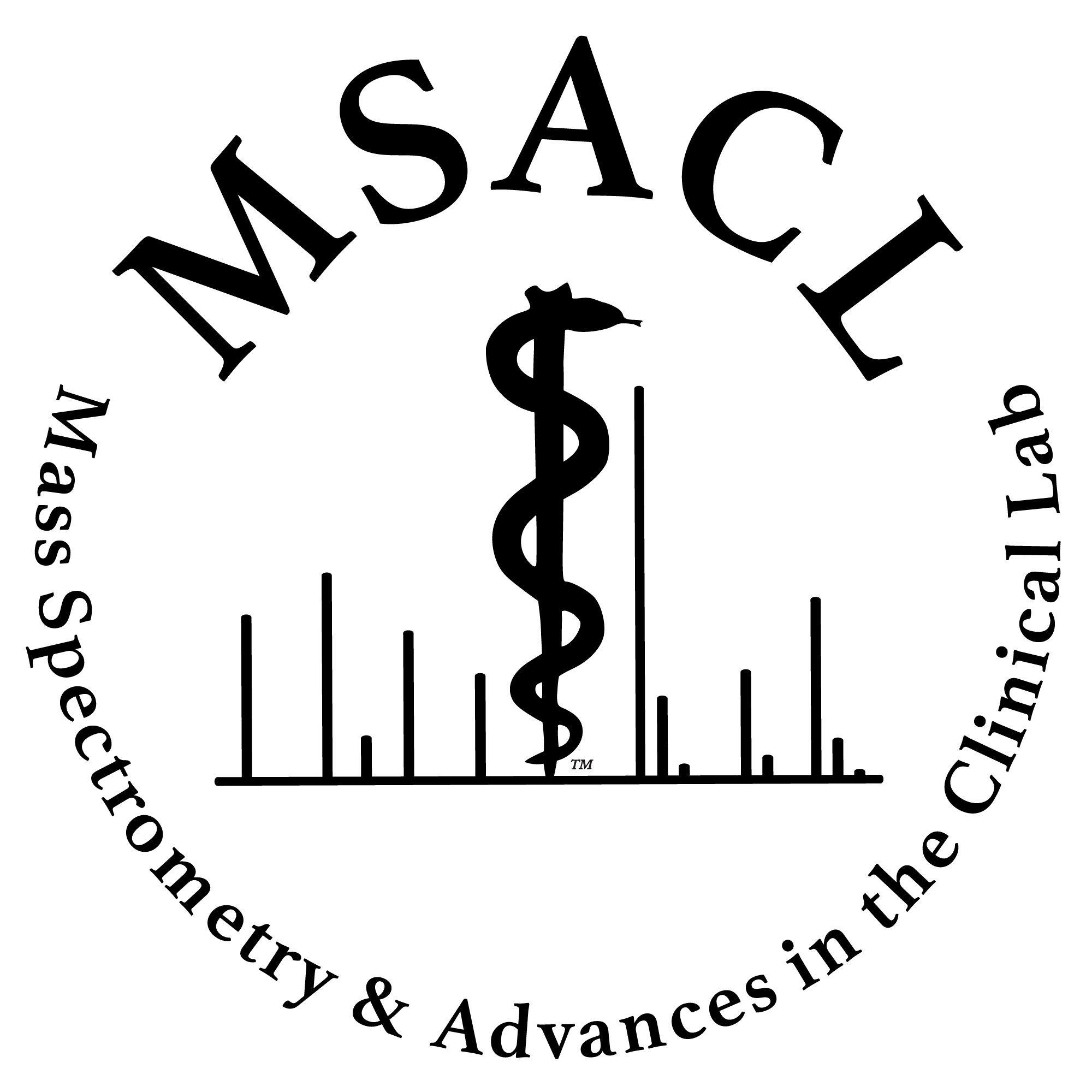 Feasibility of Routine Therapeutic Drug Monitoring for 5-Fluorouracil. Why Aren’t We Doing It? Feasibility of Routine Therapeutic Drug Monitoring for 5-Fluorouracil. Why Aren’t We Doing It?
Peter Galettis (1,2), Mirjana Radovanovic (1,2), Sarah Glewis (3,4), Michael Michael (4,5) & Jennifer H Martin (1,2).
(1) Centre for Drug Repurposing and Medicines Research, University of Newcastle, Newcastle, Australia;
(2) Hunter Medical Research Institute, Newcastle, Australia;
(3) Department of Pharmacy, Peter MacCallum Cancer Centre, Melbourne, Australia;
(4) Sir Peter MacCallum Department of Oncology, University of Melbourne, Melbourne, Australia;
(5) Lower & Upper GI Oncology Service, Peter MacCallum Cancer Centre, Melbourne, Australia.

|
Peter Galettis, PhD (Presenter)
University of Newcastle |
|

